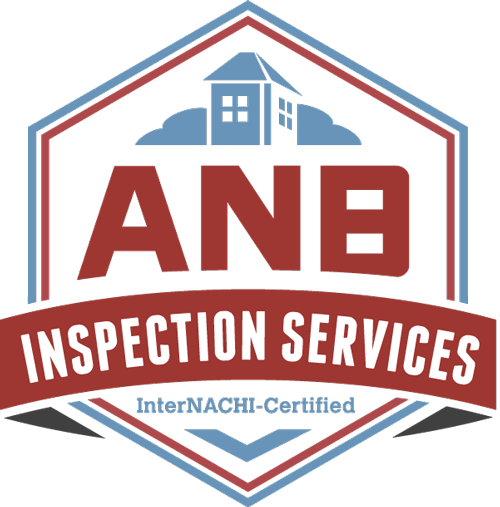Our Services
Our inspections are performed with great care and attention to detail.

Residential Inspections
Our thorough inspections provide a detailed assessment of your home’s condition, covering everything from foundation to roof. With comprehensive reports, you can make informed decisions about your property.
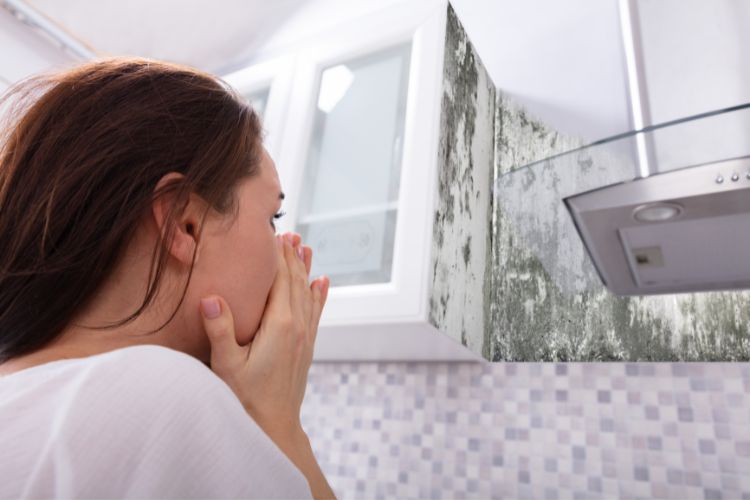
Mold Inspections and Testing
Detect and assess mold presence with our accurate testing services. We identify problem areas and provide recommendations to safeguard your home’s air quality.
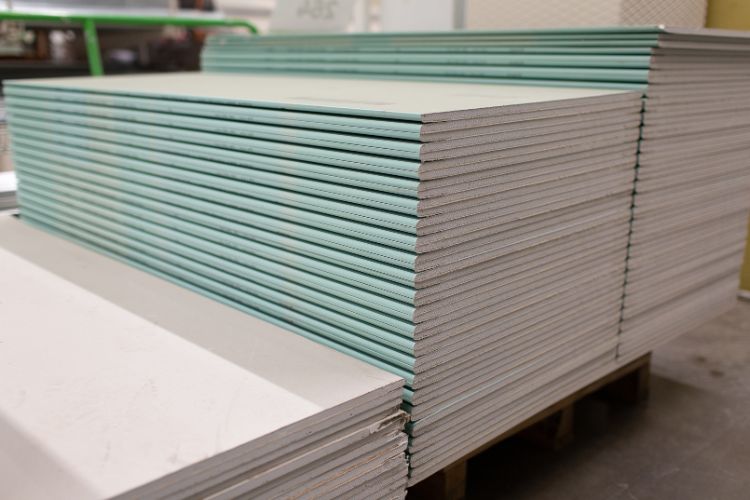
Pre-Drywall Inspections
Before drywall installation, we inspect framing, plumbing, electrical, and HVAC systems. Early detection helps prevent costly repairs and ensures construction is on track.

New Home Inspections
Ensure your new home meets quality standards with our expert inspections. We assess all critical elements and deliver detailed reports to protect your investment.

Pre-warranty expiration inspections
Identify potential issues before your home warranty expires. Our inspections provide a thorough review with clear findings, helping you address concerns while coverage is still active.

Pre-Listing Inspections
Before listing your home for sale, get ahead of potential problems so you can repair any major defects. This will avoid stressful negotiations and provide for a smoother and quicker closing transaction.

Wind Mitigation Inspections
Evaluate your home’s resistance to wind damage with our specialized inspections. Detailed reports may qualify you for insurance discounts and enhance safety.
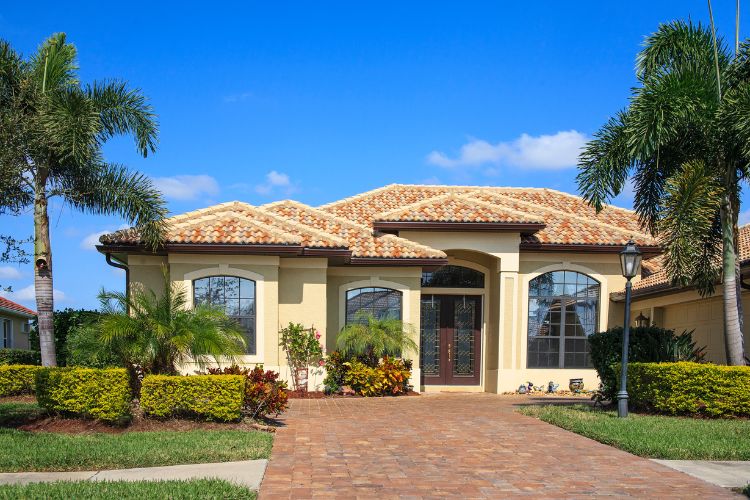
Four Point Inspections
A focused review of roofing, electrical, plumbing, and HVAC systems, typically required for insurance purposes. Our reports provide clear insights into these critical areas.

Roof Certification Inspections
Confirm your roof’s condition and lifespan with our certification inspections. We assess materials, installation quality, and overall integrity, giving you confidence in your roof’s performance.
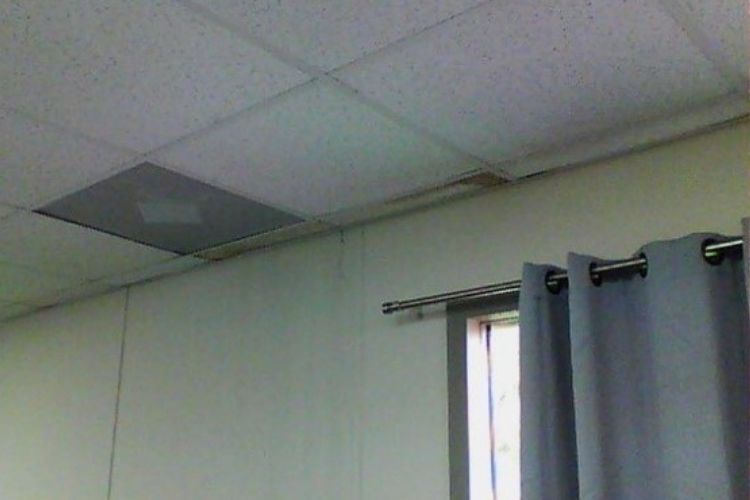
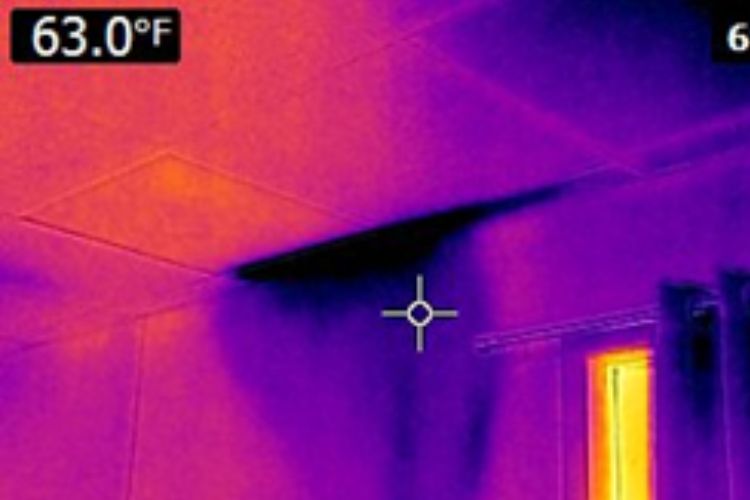
Thermal imaging used as a diagnostic tool
When diagnosing a suspicious issue of moisture intrusion, heat loss or electrical hotspot; our advanced thermal imaging services offer a precise evaluation to gain clear insights to address potential problems effectively.
Frequently Asked Questions
Buying or selling a home can be a stressful experience, but we’re here to ensure you know what to expect during your home inspection.
A home inspection includes checking for any structural issues such as foundation cracks, roof leaks, plumbing issues, electrical wiring, heating/cooling systems, insulation, windows, doors, chimneys, etc. Depending on how big the property is, a home inspection typically takes 2-3 hours.
Ensure all inspection points are free from clutter, including any closets that might lead to a crawlspace or attic, and clearing some space around your home’s perimeter. It’s also important to check the functionality of all built-in appliances, electric, and gas. If you don’t plan to attend the inspection, make sure your inspector has access to the home, and all pets are properly contained or moved.
A home doesn’t pass or fail an inspection. Instead, a home inspection is a thorough audit of your home’s components. In most cases, there will be concerns marked on your home inspection report, but these are strictly informative.
While you can legally skip a home inspection in many cases, doing so could mean you may end up buying a home that has major issues that need to be fixed.
While a home inspector may recommend some minor repairs, they are not qualified to make major repairs. He or she can provide information about what needs to be repaired — and it might be helpful to know that information — but the decision to actually do the work lies solely with the homeowner. Not only does this give you the freedom to choose your contractors, but it also helps prevent a conflict of interest.
A home inspection can affect appraisals for two reasons: 1) The inspector may find something wrong with the property that would lower the value of the home, 2) The inspector may find things that need repair which could increase the value of the home. If the inspection finds issues that require repairs, then the seller has to decide whether they want to fix them themselves, or hire someone else to do it. If the buyer wants to purchase the home, he/she must be willing to pay for those repairs.
